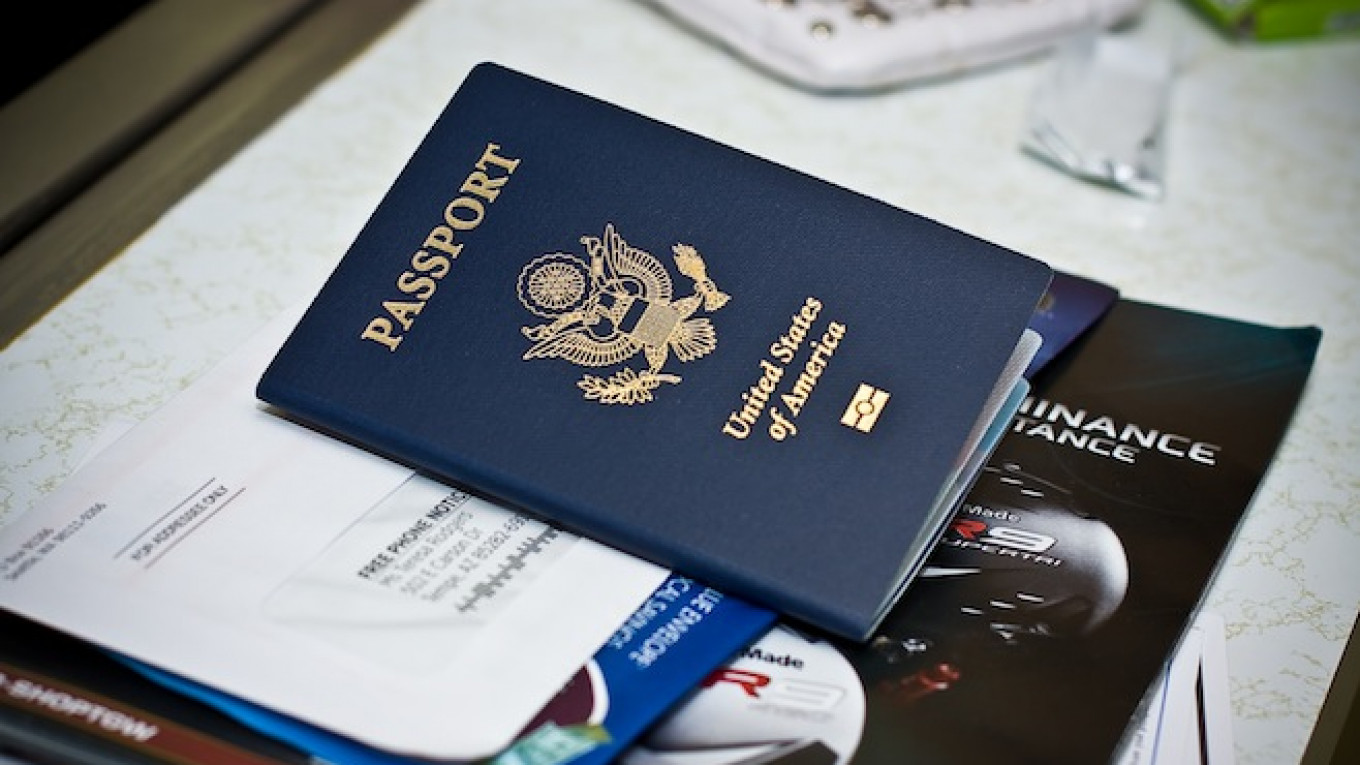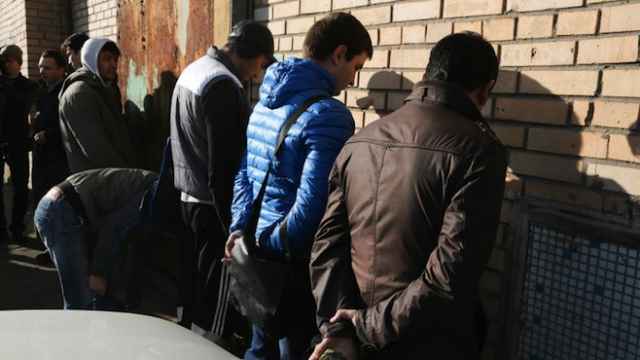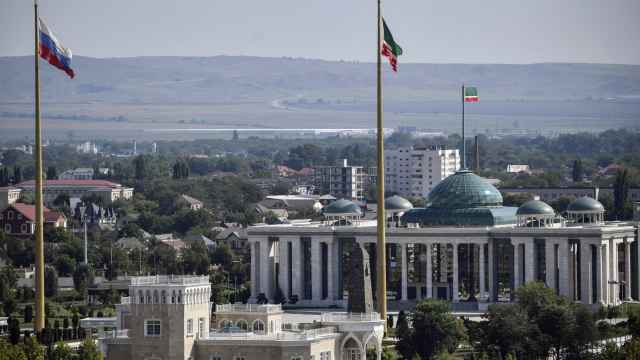American citizen Wyatt Gerard Ford has sent a complaint to the European Court of Human Rights (ECHR) over his deportation from Russia, the Kommersant newspaper reported Tuesday.
Ford was deprived of his residence permit and banned from entering Russia until December 2017 following accusations of providing false data to the authorities.
According to the Federal Migration Service, Ford’s residence permit was annulled over the fact that he taught English in a Kazan high school without notifying the migration service. The man later explained that since the job was not 'official,' he decided that he was not obliged to inform the authorities.
The American also violated Russia’s migration law by repeatedly staying at his future wife’s apartment at a time when he was registered at a different address, Kommersant reported.
An administrative case against Ford was launched in 2014, and he was fined 2,000 rubles ($30).
The 24-year old American arrived in the Russian city of Kazan in 2010. Four years later, he got married and had a child in 2015. During his time in Kazan, Ford taught English and worked in the Tatarstan Investment Development Agency. He was also involved with The Kazan Herald — the city’s only English-language newspaper.
In Ford’s complaint to ECHR, the man and his wife claimed that Russia violated the human right to “respect for the private and family life” by depriving the American of his wife and son.
According to their lawyer Irina Khrunova, the country’s authorities are empowered to establish their own rules for foreigners, but they cannot ignore their families and children. The fact that Ford spent nights away from his place of registration is not a reason to separate him from his family, Khrunova said.
A Message from The Moscow Times:
Dear readers,
We are facing unprecedented challenges. Russia's Prosecutor General's Office has designated The Moscow Times as an "undesirable" organization, criminalizing our work and putting our staff at risk of prosecution. This follows our earlier unjust labeling as a "foreign agent."
These actions are direct attempts to silence independent journalism in Russia. The authorities claim our work "discredits the decisions of the Russian leadership." We see things differently: we strive to provide accurate, unbiased reporting on Russia.
We, the journalists of The Moscow Times, refuse to be silenced. But to continue our work, we need your help.
Your support, no matter how small, makes a world of difference. If you can, please support us monthly starting from just $2. It's quick to set up, and every contribution makes a significant impact.
By supporting The Moscow Times, you're defending open, independent journalism in the face of repression. Thank you for standing with us.
Remind me later.






